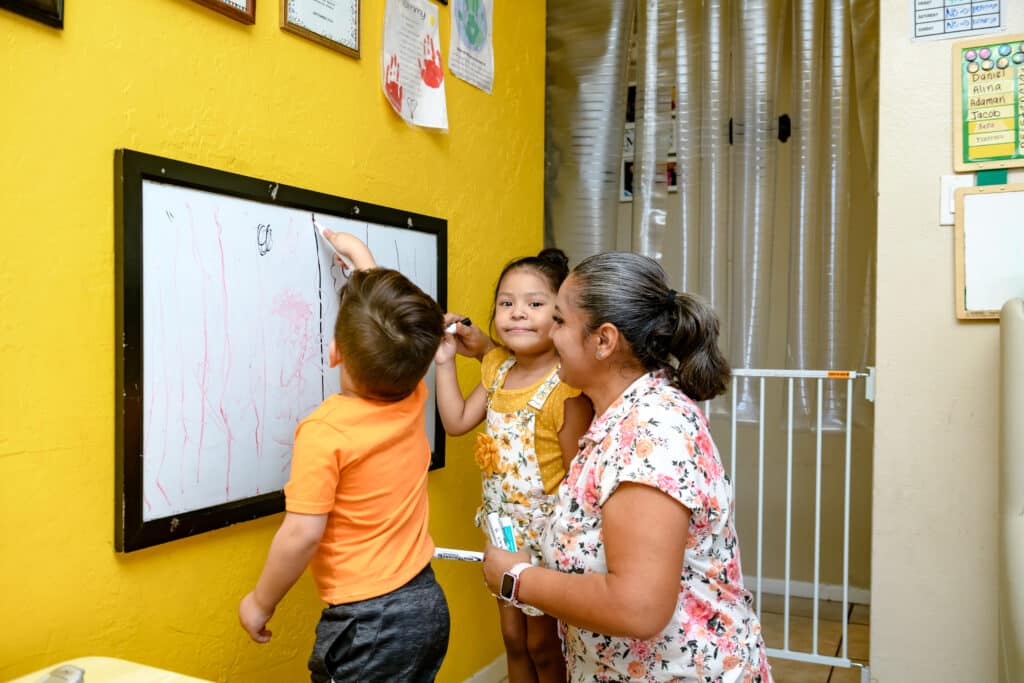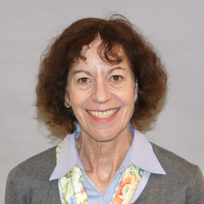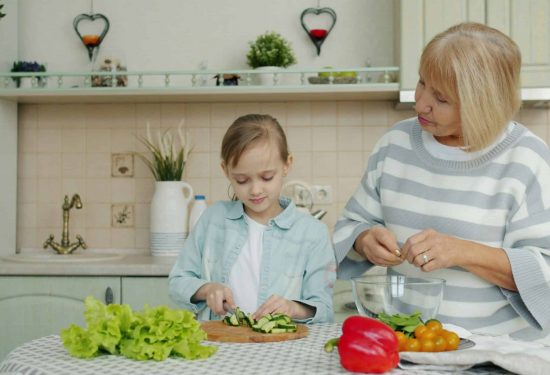When it came time to select child care, Crystal Johnson says, “I chose my neighbor for my baby, because I wanted that one-on-one care.” Johnson knows child care. She is both a parent and the Child Care Systems Improvement Coordinator for the Nevada Division of Welfare & Supportive Services Child Care and Development Program. She is also a participant in Home Grown’s Building Comprehensive Networks initiative, which seeks to build durable, publicly financed networks to support home-based child care providers.
Johnson knew that in building Nevada’s state network it was imperative to include Family, Friend, and Neighbor (FFN) providers. She recalls a speech she gave at the February 2022 launch of the Las Vegas Strong Start Child Care Services Center (CCSC) in which she told participants, “Family, Friend and Neighbor providers are just as important in Nevada’s chain of child care as center-based providers.” Like Johnson, many families prefer the individual attention their children can receive in these small settings, where the child care provider typically cares for only one or two children in a home setting. They also want someone they know and trust to care for their children, especially if their children are very young—infants and toddlers. This trust is sometimes grounded in the culture, language, and child-rearing values that FFN caregivers from the same background share with families.
Like Johnson’s neighbor, FFN child care arrangements are frequently close-by—down the street from a parent’s home or work and more flexible than Centers, accommodating the needs of working parents like Johnson, who may need child care early in the morning, in the evening, on weekends, and during shift work schedules. The lower cost of FFN care may also be a factor. FFN providers charge lower fees than Family Child Care (FCC) providers and Centers, and a significant proportion of FFN providers do not charge for care at all.
FFN providers are the most used child care arrangement in the United States. More than 11.5 million children under age 12 years spend some time every day with grandmothers, aunts, close family friends, and neighbors. The number of these FFN caregivers — 5 million in 2019 — far exceeds the number of child care center staff (121,000) and the 91,000 regulated FCC providers. Families with infants and toddlers, families from historically marginalized communities, families working nontraditional hours, and families living in rural areas tend to rely on these arrangements to ensure safe and stable care for their children.
Yet, as Johnson says, “These providers are invisible in Nevada’s child care system. We know there are many FFN providers out there helping Nevada families, especially in our frontier communities, but we don’t know who they are, and we cannot reach them with resources, education, and information. They’re not connected to the system.”
This is a common issue because most states define FFN care as legally unregulated (i.e., child care providers who are exempt from regulation or licensing because the number of children for whom they provide care is below the threshold required for licensing) and do not track the providers unless they participate in the child care subsidy system or other state-managed child care quality improvement efforts. It makes it a challenge to reach out to these providers to offer them support and resources.
Nevada’s Strong Start CCSCs were developed to help address this situation. “We want to provide better child care for all children, whether they are being cared for by FFN providers, FCC providers, or within a center-based setting,” Johnson stresses. “We want to be sure FFN providers have a seat at the table as equal partners with other providers as part of the child care system. Our philosophy is, ‘No decisions made about you without you.’”
Nevada walked the talk, beginning with a series of statewide focus groups to bring all providers, including non-licensed and FFN providers, together in discussions with FCC and Center providers and staff. From there the state created a Child Care Provider Action Committee (CCPAC) which meets monthly to review existing strategies to expand capacity and improve quality and recommend new strategies or direction changes.
“We had 68 applications for membership on the CCPAC,” Johnson says. Of the 16 final members of the Committee, two (2) are FFN providers. “Our FFN providers were excited to have this new opportunity to use their voices and be heard,” Johnson adds. “The Child Care and Development Program is so excited to have a group of advisors who represent the whole child care spectrum, are geographically, racially, and ethnically diverse, and serve families in need across Nevada.”
The Nevada Strong Start CCSCs, with physical locations in both Las Vegas and Reno and a virtual center, are the centerpieces of this initiative. These one-stop resource hubs offer centralized services designed to meet providers wherever they are, offering services that include training on caring for children and developing curriculums, support for starting and managing a child care business, financial assistance for start-up and business costs, help with becoming licensed, and quality rating and improvement system coaching. Because the partners, including the Nevada Division of Welfare and Supportive Services, Nevada’s Children’s Cabinet, the Las Vegas Urban League, Wonderschool, Candelen, and Early Childhood Community Health Workers share space in the physical and virtual hubs, they can better coordinate services across systems, as staff from different agencies can easily reach and meet with each other to help address providers’ needs.
Home Grown’s Building Comprehensive Networks Initiative supports the Nevada Strong Start CCSCs by providing technical assistance and stipends for provider participation. In large part, Home Grown’s work with Nevada is focused on strengthening child care provider leadership and ensuring the system changes occurring are driven by, and responsive to, child care providers’ actual needs. Harriet Dichter, a technical assistance navigator with Home Grown, says that other initiatives can learn from Nevada Strong Start.
“From the beginning, Nevada recognized the need for equitable support for all child care provider types. The Nevada Strong Start team is open to change, dedicated to meeting providers where they are, willing to take risks, and committed to ensuring that providers and agencies have a sense of ownership through a true partnership. These are the qualities that comprehensive networks need to promote a durable infrastructure to increase home-based child care supply, enhance quality, and connect providers and families to resources.”




